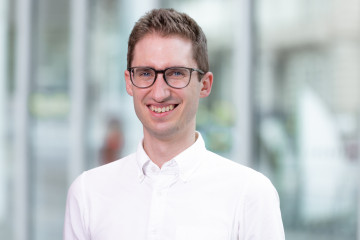PhD Studentship
Bioreactors to Replace Animal Testing in Bone Research

At a glance
In progress
Grant amount
£100,000
Principal investigator
Dr Richard van Arkel
Co-investigator(s)
Institute
Imperial College London
R
- Replacement
